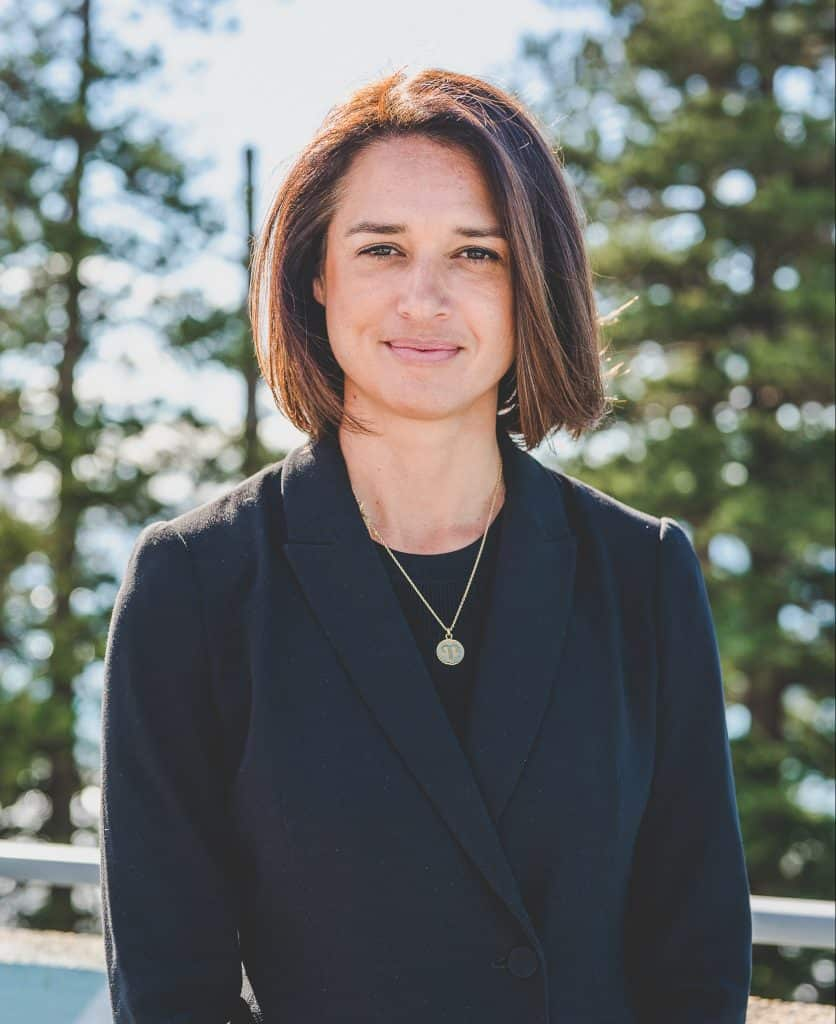This week saw the exciting culmination of years of work for First Nations advocates trying to improve the justice system.
It began in 2020 when, responding to the shockingly high incarceration rates of First Nations people, a collective of Indigenous lawyers and law students demanded action from the New South Wales government.
The group, Ngalaya, called for the creation of a court process that would reach offenders in a culturally appropriate way, and help meet proposed justice targets as part of a wider Closing The Gap campaign.
The Walama List
A unique court for adult Aboriginal and Torres Strait Islander offenders was proposed.
The 'Walama' List will take matters currently before the NSW District Court, and has been set up to reduce recidivism (re-offending), and increase compliance with court orders.
The program's goal is a 15 per cent reduction in the over-incarceration of First Nations people by 2031.
The pilot program launched this week with a special ceremonial sitting at the court which included a Welcome To Country, Smoking Ceremony and a Butterfly (transformation) dance.
The Walama Court model will take advice from community Elders and other Respected Persons (ERP's) during a community-led sentencing process, 'recognising the cultural authority of First Nations Elders and the importance of community-centred, holistic support for First Nations people.'
Advocates of the new court hope that this approach will reduce risk-factors related to re-offending and stop the cycle of incarceration of Aboriginal and Torres Strait Islander peoples in the criminal justice system.
In Dharug language, Walama means to 'come back' or 'return' and with the launch of the Walama List, advocates and participants within the Walama court process hope to achieve a 'coming back to identity, community, culture, and a healthy, crime-free life.’
Culturally appropriate solutions
Birri Gubba solicitor Carrie Nicol, one of the signees of the proposal to government, says the establishment of Walama represents an opportunity to address fundamental issues which lead to offending in the first place.
"My view of this court is that in providing a culturally appropriate and holistic mechanism to sentence offenders, we will ideally reduce the risk of recidivism," she said.
"The criminal justice system can be a detached foreign experience to most offenders. The communication style of the Walama court provides a more comprehensive involvement by the offender, [and] the presence of Elders... ideally which has more meaning to the offender."
Nicol says the emphasis is to facilitate rehabilitation, requiring more involvement and intensive effort on the behalf of the offender.

Solicitor Carrie Nicol was one of the signees of a proposal to NSW Government to set up the Walama court to help reduce rates of Indigenous incarceration Source: Supplied
Kinship, community, culture: how it will work
ERP's will be called on to 'give honest and fearless advice to the Walama List Judge, informed by their cultural knowledge, wisdom, and experiences.'
They can explain relevant kinship connections of the offender, how the particular crime has affected the Aboriginal community and offer their perspectives in relevance to sentencing, giving advice on cultural protocols and cultural practices.
The ERPs will also assist in the Walama List by sitting with the presiding Judge during a Sentencing Conversation as well as Walama Case Plan (WCP) Conversations.
These WCP's aim to improve connections with the offenders' culture and community, assist the Walama List Judge to identify culturally significant issues and culturally appropriate programs, and offer holistic solutions such as culturally appropriate rehabilitation programs.
Counselling, and physical and mental health therapies may be part of these WCP's.
The ERPs 'symbolise the importance of Aboriginal and Torres Strait Islander cultural authority in decision-making and respect for the judicial process in sentencing.'
Walama List eligibility
Offenders from Sydney, Paramatta, Campbelltown and Penrith district courts who have plead guilty to the set range of offences that are eligible to be processed through the Walama Court will be able to take part in the program.
An application for referral to the court has to be approved and the offender consents to have their matter dealt with through the Walama system.
The Walama List Judge will be Dubbo-based Justice Dina Yehia, who has previously worked for the Aboriginal Legal Service.
Nicol says key stakeholders and the many lawyers supporting it’s establishment will be interested in tracking the program’s success.
"With a view to assessing whether the program reduces incarceration rates and the costs involved in locking people up.
"Justice reinvestment principles apply here."










